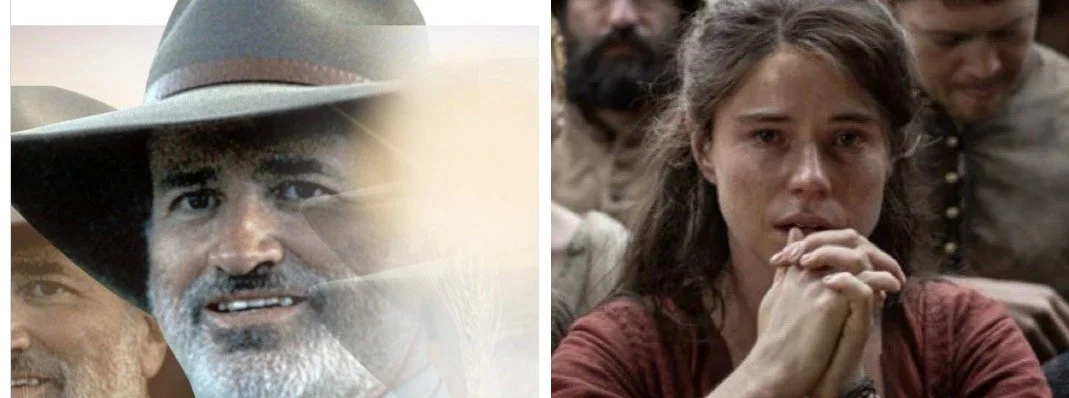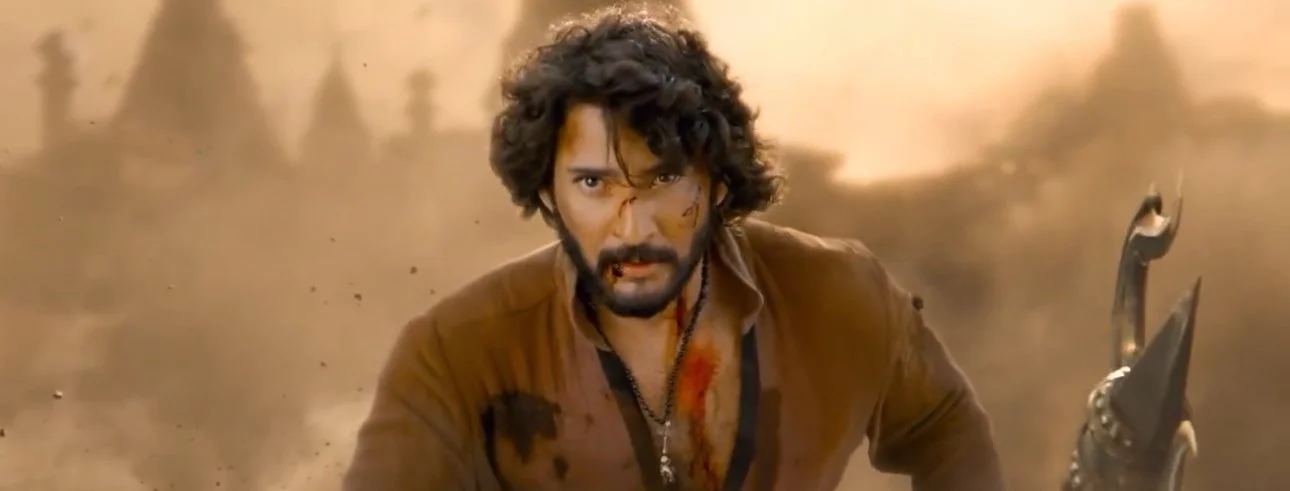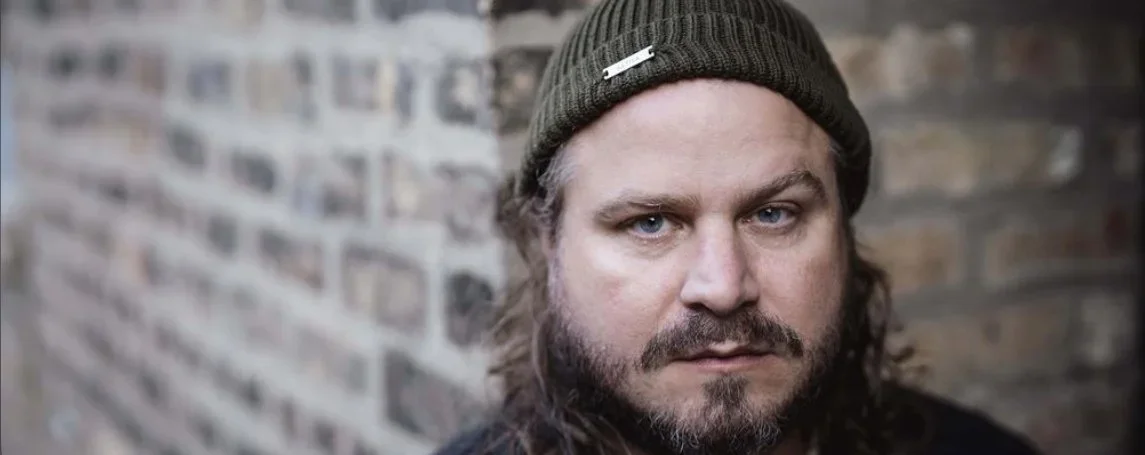Ann Hornaday's insightful piece on the lack of sex in today's movies felt like an oasis to me. I've been seeing the decline of eroticism and sexuality for a few years now at the movies. The mid-budget movie has all but transferred on to television, where sex is very much present. It’s not just that, the #MeToo movement has brought about a ton of pressure on directors, in terms of how to depict sex in a non-offensive ways.
Read more"Contempt", Godard and the decline of a relationship
You gotta love Jean-Luc Godard. He doesn't make it easy for a viewer to fully feel comfortable while watching any of his movies. He means to bring a sense of uneasiness and -sometimes- pure unadulterated frustration. His film Contempt is no exception. It explores many ideas that have been obsessed by Godard over the course of his illustrious career. In 1963, Godard was permitted a big budget financed by an international production, the use of a CinemaScope camera, Technicolor, a pair of icons (Brigitte Bardot and Fritz Lang as himself) to star in the film, and almost total creative autonomy. It was known as his first -and last- foray into "mainstream" filmmaking, even though I wouldn't qualify it as a full on mainstream picture. However its intentions were unlike any popular movies in that Godard didn't play it safe at all and kept hitting his audience with more questions than answers.
What has fascinated me most over the years is how Contempt -Le Mepris in French- dealt with the end of a relationship. Brigitte Bardot's magnificent performance as Camille Javal -she was so good that her character's name was later believed to be her real name!- wife of the aspiring screenwriter Paul (nicely played by a young Michel Piccoli) merely confirmed the fact that Contempt was a personal film for Godard. The director hadn't had the greatest success with the women in his life and decided to portray the crumbling of a relationship on screen. To great effect might I add. The centerpiece here is the near-infamous twenty-minute long sequence that takes place between the writer and his girlfriend in their vast, open-plan apartment, in which jealousies, bitterness and petty arguments blow up and cool off amidst a series of seemingly mundane, everyday-like activities. There is clearly something wrong with Camille yet whenever Paul tries to ask why she shrugs it off and says "nothing" but we the audience know that Camille's love for him has faded and that she is only clinging at this point. Albeit by the way her answers to Paul are structured or by the way her mood changes - there is something very wrong here.
Not much happens in that scene, yet everything happens. It is then that we realize exactly what Contempt is about. Godard wants us to feel the pain that Camille feels, she is stuck in a relationship she no longer is excited for. Paul isn't into it either, his gestures and sentences show a kind of by the numbers feeling for his partner. Yet you feel for him when Camille finally blurts out that she no longer loves him. The daring ambition Godard gives out is palpable. He disses the film industry as well. Fritz Lang -playing himself of course- directs an adaptation of Homer's Odyssey, staying true to the spirit of the original. Producer Jeremy Prokosch -a hoot and a half- unhappy with the results, hires Javal to rewrite the script. Javal compromises the original's world of ideals with modern-day sensibilities. In essence, he parallels his own life to Ulysses'. Ulysses fights in the Trojan war because he is estranged from his wife Penelope, he delays coming back because of that. Penelope (estranged from him because of his behavior) is being unfaithful.
This is all part of the absurd joke that Godard plays on his audience and Contempt has been known as just that for many years - but I see much more in it than just a one joke pony. I see a Godard that was pained by unsatisfying relationships in his life and delved into their significances through his own art. His film captivates the viewer at unexpected times. It seems -from the outside- like a pompous piece of work with a thinly layered plot but it is much more than that. Contempt is fresh air. Contempt is about characters -whether it's the film director, the pompous American producer or the shot down couple- stuck in a world where there is communication breakdown. And there's no easy way out of it.
"Walkabout" and its glorious, forgotten star

Watching Nicolas Roeg's 1977 Australian outback journey Walkabout, I couldn't help but notice its bright eyed young actress Jenny Agutter. She steals every scene with her genuine beauty here, encompassing an otherwise banal and middling story into a kind of meditation on loneliness and sexual repression. Agutter, 25 at the time, wasn't shy to show her entire nude body off on screen. Quite simply known as "Girl" in the movie, she's a guardian to her little brother and muse to an aboriginal guide. She's lost in the outback after her father goes bonkers and puts a bullet in his head out of madness. It's a strange, unexpected scene that perfectly sets up the -rather- slow driving narrative that follows. Agutter is the star here, with her sun soaked freckles, bright eyed optimism and school girl outfit.

The ambiguous ending is rather maddening but strangely fitting to a story that goes nowhere but really does go everywhere in its portrayal isolation and growing up. "Girl" is followed by her little brother through the movie -brilliantly played by Luc Roeg, the director's little brother- we wait for him to whine or moan as the long, arduous journey progresses but he doesn't ditto his sister. They have been sheltered their entire lives and find a new found freedom in the outback with its bewilderingly exotic creatures and biblically passaged landscapes. Agutter is game in every scene. She is the reason to watch Walkabout. Still an actress to this day, Agutter isn't in high budgeted productions but in rather unseen television performances. She is better known to mainstream movie goers as Joanne Simpson in Child's Play 2 but it's Walkabout that is likely her truest work as an artist.

There are sporadically brilliant scenes in Walkabout, yet I felt it did drag. It sought out to get a mood that it did not completely find. But the chutzpah on display is remarkable. Only in the 70's would a studio picture like this get made and only in the 70's -with mad artistic freedom in full display- would you have a scene such as the swimming sequence, which can be semi glimpsed at in some of the photos I've put in this post. It's Miss Gutter's show, she brings eroticism as well as feeling to isolation. I couldn't have liked her more in it.
(side note) I IMDB'ed Agutter right after watching Roeg's film and found out she will have a small part in the upcoming big budgeted Avengers movie due out summer 2012.






